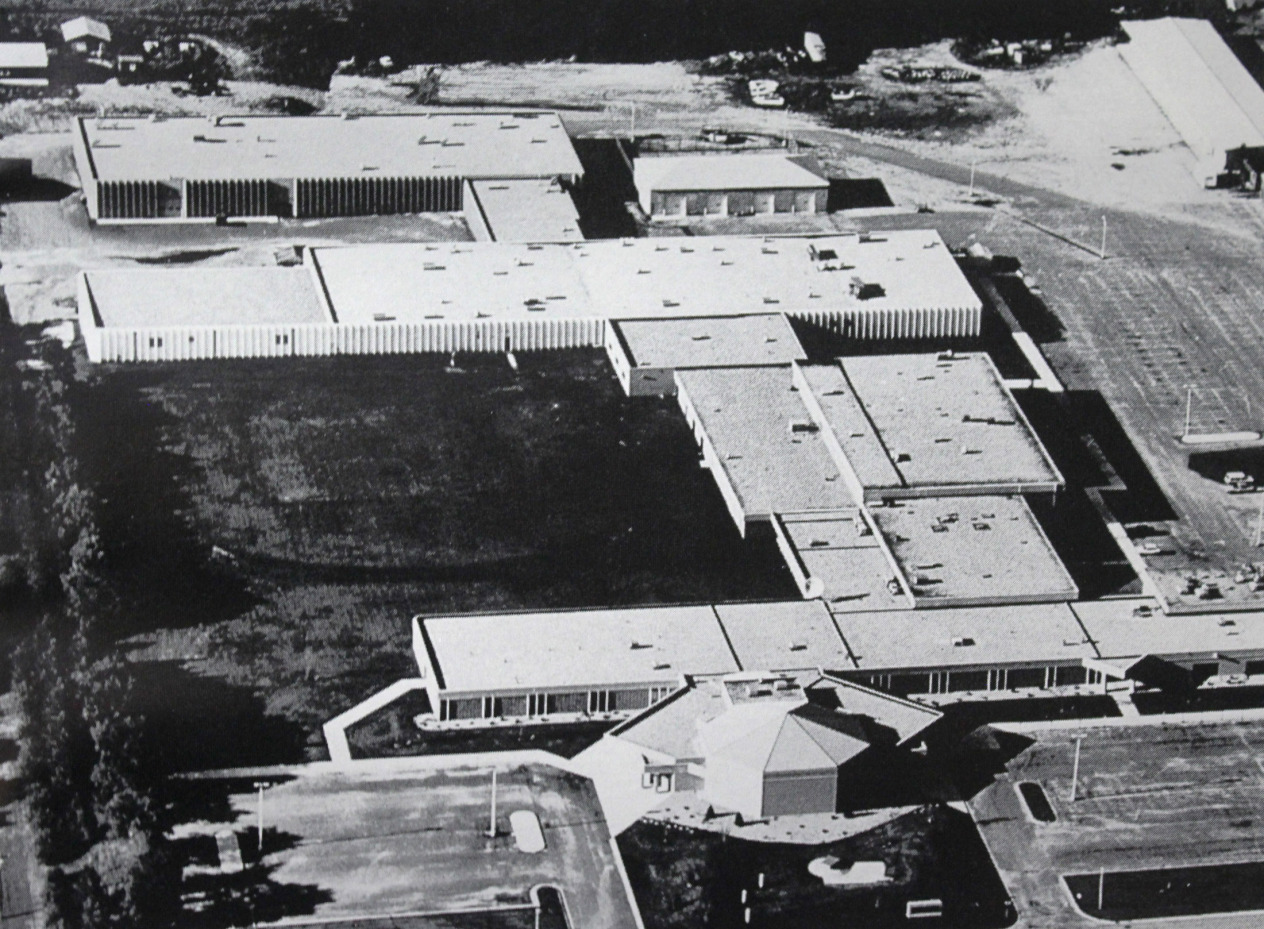Search
MUSC1119 - Intro to Hip-HopCredits: 3 (3/0/0) Meets MnTC Goal Areas 6 and 7a/b. This survey course for the general college student introduces the elements, structural designs, culture and historical styles of hip-hop music. Students explore how the music is made and learn about the origins of
HIST2600 - History of BaseballCredits: 3 (3/0/0) Meets MnTC Goal Area 5. This course covers the history of American baseball, from its origins through the modern era. The course explores professionalism, labor relations and the relationship between baseball and the growth of urban cities in the
ACCT2618 - Intermediate Accounting IICredits: 3 (3/0/0) This course is the continuation of a comprehensive study of accounting theory and concepts with an analysis of the influence on financial accounting by various boards, associations and governmental agencies. Topics include the income statement
ECHO1105 - Adult Echocardiography Lab ICredits: 3 (0/3/0) This course provides hands-on learning in an echocardiography laboratory as simulated in a clinical environment. Students familiarize with ultrasound imaging equipment, system controls, transducer position, and scanning techniques following an adult
ECHO1100 - Adult Echocardiography ICredits: 3 (3/0/0) This course will cover the anatomy of the cardiovascular system. Students will learn the cardiac cycle, including event timing, heart and vascular pressure, cardiac chamber quantification, and electrophysiology. Also included in this course is an
ECHO1115 - Adult Echocardiography Lab IICredits: 3 (0/3/0) Students will continue to build on the ultrasound scanning skills learned in ECHO1100. Content includes the development of a full adult transthoracic echocardiography scanning protocol. In addition, students will learn the required measurements to
ECHO1120 - Ultrasound Physics and Instrumentation ICredits: 3 (3/0/0) Students will apply the principles of ultrasound, sound propagation, pulsed-echo instrumentation, image formation, transducers and system operation to the interpretation of sonographic information and image methodology. Integrating these theories and
ECHO1125 - Ultrasound Physics and Instrumentation IICredits: 3 (3/0/0) This course continues exploration of the theoretical and abstract principles that form the technological basis of diagnostic medical sonography. Topics include Doppler physics and instrumentation, artifacts, quality assurance and hemodynamics
ECHO2100 - Adult Echocardiography IIICredits: 3 (3/0/0) This course includes an in-depth review of the pathophysiology of heart disease, including congenital heart defects. The role of ultrasound enhancement agents and exercise echocardiography is discussed. Quantitative echocardiography is addressed
ECHO2110 - Ultrasound Physics ReviewCredits: 2 (2/0/0) This course is the cumulative preparation for the national credentialing board examinations in ultrasound physics and instrumentation. It involves real-world applications of physics, artifact recognition and rectification, and instrumentation of
